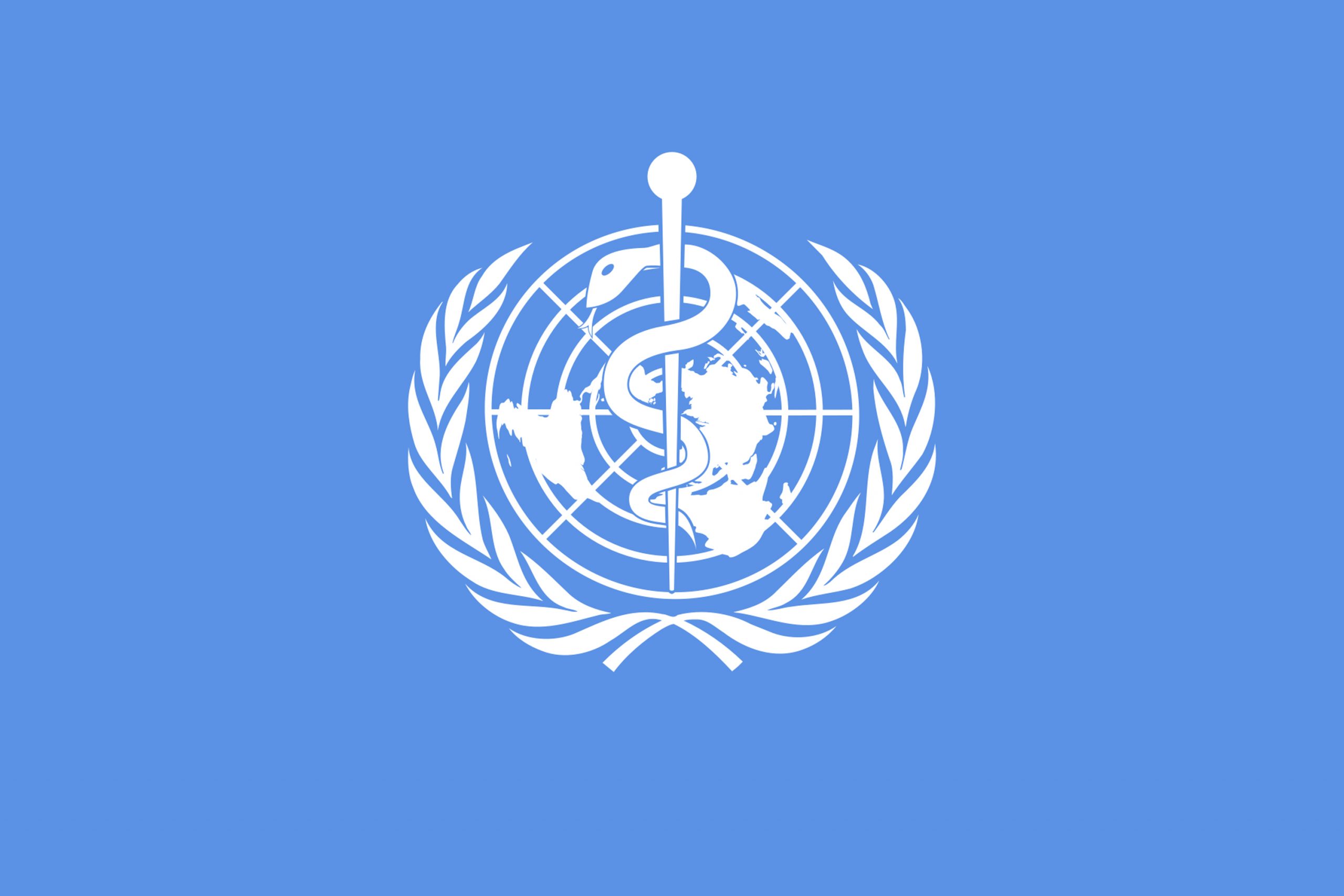“An innovation system based on prizes could create just as many, if not more, economic losses. The prize fund would have to come from taxpayers who would have to pony up at least the $141 billion currently invested by the private sector on R&D each year.”
 The cost of medicines is on the agenda this week at the World Health Organization’s annual executive board meeting in Geneva.
The cost of medicines is on the agenda this week at the World Health Organization’s annual executive board meeting in Geneva.
Nongovernmental organizations and certain middle-income countries argue that market-based drug development—reliant on intellectual property rights (IPRs) as its primary incentive—makes medicines too expensive. It fails, they say, to provide cures for those most in need but least able to pay.
A Problematic Proposal
On the fringes of meetings such as the one happening this week, nongovernmental organizations talk excitedly about a new model for drug development, in which research and development (R&D) costs are “delinked” from the final prices of drugs. They join notables such as U.S. Senator Bernie Sanders and Nobel prize-winning economist Joseph Stiglitz.
One of the main “delinkage” proposals is to replace the patent system with government-managed prizes.
Under a prize system, companies that successfully develop new medicines would be rewarded with cash prizes from a government or group of governments, instead of earning profits from having their innovations temporarily protected by patents.
Winning companies would have to surrender their intellectual property to the government, allowing generic manufacturers to enter the market immediately. Subsequent competition between generic drug manufacturers, so the theory goes, would allow new drugs to be sold at their marginal manufacturing cost (plus extra for a reasonable rate of profit), enabling access to those in need.
Meanwhile, governments and international organizations would control and plan what disease areas are rewarded by prizes, supposedly ensuring funding is allocated to health priorities in a fair and transparent fashion.
Delinking the cost of R&D from the final prices of medicines and making governments the funders and planners of drug development sounds like a simple public healthcare solution. But so far, no country has taken the plunge.
This is not surprising; for, while superficially attractive, delinkage is rife with problems.
Unintended Consequences
One charge leveled against the patent-based system is that it creates losses for patients by inflating medicine prices beyond their manufacturing costs.
But it’s the ability to recoup fixed costs, including R&D, not just marginal costs, through mechanisms like patent protection that lies at the heart of all innovation-based industries. If companies could only charge for the costs of producing a compound, there would be no new drugs developed, just as there would be no new products developed in any industry.
Moreover, an innovation system based on prizes could create just as many, if not more, economic losses. The prize fund would have to come from taxpayers who would have to pony up at least the $141 billion currently invested by the private sector on R&D each year (an amount expected to climb to $180 billion by 2022). Tax hikes would distort labor markets and interfere with job creation. It’s unlikely the U.S. government (let alone any other) would provide this level of investment, given the pressure on state and federal budgets.
Money aside, designing prizes that work is even more of a problem. The main unanswered question is how to accurately set a prize value for medicines that have yet to be invented.
Set the prize too low, and drug developers—and the venture capitalists so instrumental for startups—would direct their capital away from biomedical R&D toward areas that are safer politically but less socially useful. New medicines would dry up. Set it too high, and inefficient duplication could result.
Finally, there is the problem of politicization. A prize system would hand significant new discretionary powers to government officials as the arbiters of which medicines win prizes. Political factors could influence decisions on where to allocate funding, rather than clinical need.
Diseases that could summon the most vocal lobby groups would get attention from prize bureaucrats, while less-fashionable diseases may be ignored. It’s easy to see delinkage becoming a bonanza for the lobbying industry.
Patents: The Proven Prize
Patents, on the other hand, represent a far less arbitrary form of innovation incentive. Government merely sets the framework of patent law, under which all companies compete.
The current market-based system actually already achieves many aims advanced by delinkage proponents. In most countries, health insurance and social insurance shields consumers from the full cost of medicines. Market competition drives innovation and exerts downward pressure on drug prices—witnessed most recently amongst transformative hepatitis C medicines. Dozens of public-private partnerships have sprung up globally to direct R&D efforts to areas that have received less attention, such as tropical diseases.
Using prizes to encourage inventors to solve problems is not a new idea. The Longitude Prize was famously awarded by the British government in 1737 to John Harrison for his clock-based solution for determining a ship’s longitude.
Yet, other than in the technologically backward former Soviet Union, innovation prizes have never been more than a useful adjunct to the IP system to push the market along—think of the X-Prize for space exploration, or prizes for new antibiotics. And that’s with good reason.
For more information on this topic, see “Delinkage Debunked: Why Replacing Patents With Prizes for Drug Development Won’t Work.”
Image Source: Deposit Photos
Photography ID: 5304453
Copyright: speedfighter17

![[IPWatchdog Logo]](https://ipwatchdog.com/wp-content/themes/IPWatchdog%20-%202023/assets/images/temp/logo-small@2x.png)


![[Advertisement]](https://ipwatchdog.com/wp-content/uploads/2024/04/Artificial-Intelligence-2024-REPLAY-sidebar-700x500-corrected.jpg)
![[Advertisement]](https://ipwatchdog.com/wp-content/uploads/2024/04/UnitedLex-May-2-2024-sidebar-700x500-1.jpg)
![[Advertisement]](https://ipwatchdog.com/wp-content/uploads/2024/04/Patent-Litigation-Masters-2024-sidebar-700x500-1.jpg)

![[Advertisement]](https://ipwatchdog.com/wp-content/uploads/2021/12/WEBINAR-336-x-280-px.png)
![[Advertisement]](https://ipwatchdog.com/wp-content/uploads/2021/12/2021-Patent-Practice-on-Demand-recorded-Feb-2021-336-x-280.jpg)
![[Advertisement]](https://ipwatchdog.com/wp-content/uploads/2021/12/Ad-4-The-Invent-Patent-System™.png)






Join the Discussion
One comment so far.
TFCFM
February 6, 2020 10:23 amI’m not sure I’d worry too much about proposals that spring, in the authors’ words “On the fringes of meetings such as the one happening this week….
Nonetheless, one additional shortcoming would be that rational companies will seek to develop ‘cures’ for diseases with the highest prize-to-difficulty/cost ratio, rather than cures for diseases of the greatest social and/or economic significance.